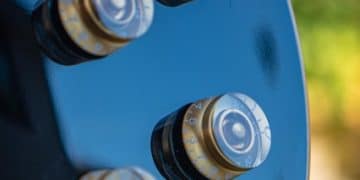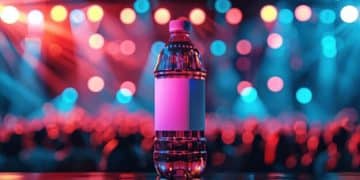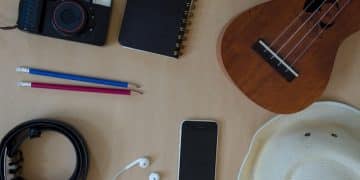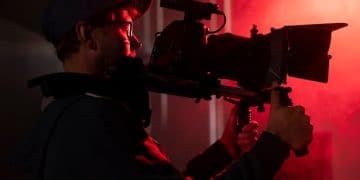Concert First Aid: 5 Essential Items for Your Kit
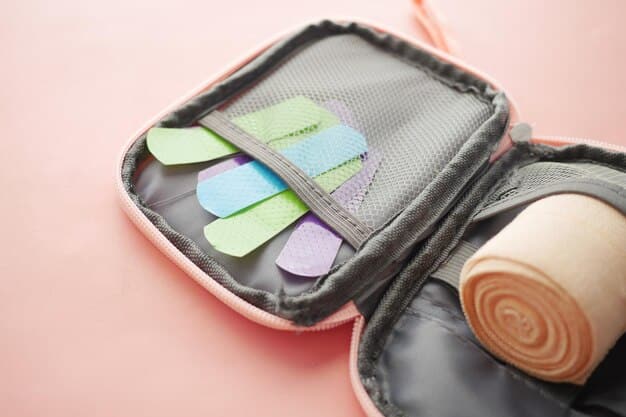
A **concert first aid** kit should include essentials like pain relievers, hydration supplements, blister treatment, earplugs, and hand sanitizer to ensure you can enjoy the event comfortably and safely.
Attending a concert is an exciting experience, but being prepared for minor health issues can make all the difference. A well-equipped concert first aid kit ensures you can handle common discomforts and stay focused on enjoying the music.
Concert First Aid: Why It’s Essential
Concerts are energetic events, but they often involve long periods of standing, exposure to loud music, and crowded environments. Having a basic first aid kit can help you address minor issues quickly.
Addressing Common Concert Ailments
Common issues at concerts include headaches from loud music, blisters from dancing, and general discomfort. A small kit can provide immediate relief.
Avoiding Interruptions to Your Concert Experience
Simple remedies can prevent minor discomfort from escalating, allowing you to fully enjoy the concert without needing to leave or seek help.
- Headaches: Pain relievers can alleviate concert-induced headaches.
- Blisters: Blister pads prevent further irritation from dancing or standing for long periods.
- Dehydration: Hydration supplements replenish lost fluids, keeping you energized.
By anticipating potential problems, you can proactively manage your well-being at the concert.
Essential Item #1: Pain Relievers
Concerts often involve loud music and crowded conditions, which can lead to headaches. Having pain relievers in your **concert first aid** kit is crucial for immediate relief.
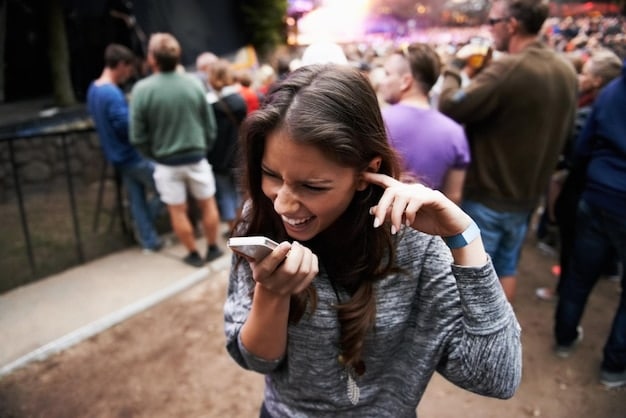
Types of Pain Relievers to Include
Consider bringing both ibuprofen and acetaminophen. Having options allows you to address different types of pain effectively.
Proper Dosage and Usage
Always follow the recommended dosage on the packaging. It’s also a good idea to eat something before taking pain relievers to avoid stomach upset.
- Ibuprofen: Effective for inflammation and general pain.
- Acetaminophen: Good for headaches and fever, but doesn’t reduce inflammation.
- Aspirin: Can also be used for pain relief but may not be suitable for everyone.
Including a variety of pain relievers ensures you’re prepared for different types of discomfort.
Essential Item #2: Hydration Supplements
Staying hydrated is essential at any concert, especially during warmer months or in crowded venues. Hydration supplements can help replenish electrolytes lost through sweat.
Why Hydration Matters at Concerts
Dancing, singing, and being in a large crowd can cause significant fluid loss, leading to dehydration and fatigue. Hydration supplements aid in quicker recovery.
Types of Hydration Supplements to Consider
Electrolyte tablets, powder packets, and sports drinks are great options. Choose one that’s easy to carry and consume.
- Electrolyte Tablets: Compact and easy to dissolve in water.
- Powder Packets: Lightweight and can be mixed with water for a flavored electrolyte boost.
- Sports Drinks: Pre-mixed and convenient, but can be bulkier to carry.
Keeping hydrated can maintain energy levels, preventing fatigue and promoting overall well-being at the concert.
Essential Item #3: Blister Treatment
Dancing and standing for extended periods can lead to blisters, especially if you’re wearing new shoes. Blister treatment is a must-have for your **concert first aid** kit.
Preventing and Treating Blisters Effectively
Blister pads and bandages protect blisters from further irritation and prevent them from worsening, ensuring you stay comfortable.
Types of Blister Treatment to Include
Hydrocolloid bandages are the best choice as they promote healing and provide cushioning. Regular adhesive bandages are also useful for minor cuts.
- Hydrocolloid Bandages: Provide a moist environment for healing and protect the blister.
- Adhesive Bandages: Useful for minor cuts and scrapes that may occur at a crowded event.
- Moleskin Padding: Can be cut to size and applied to areas prone to blisters.
Addressing blisters promptly can prevent discomfort and ensure you can continue enjoying the concert without pain.
Essential Item #4: Earplugs
Protecting your hearing at concerts is crucial, as prolonged exposure to loud music can cause permanent damage. Earplugs are a vital component of a **concert first aid** kit.
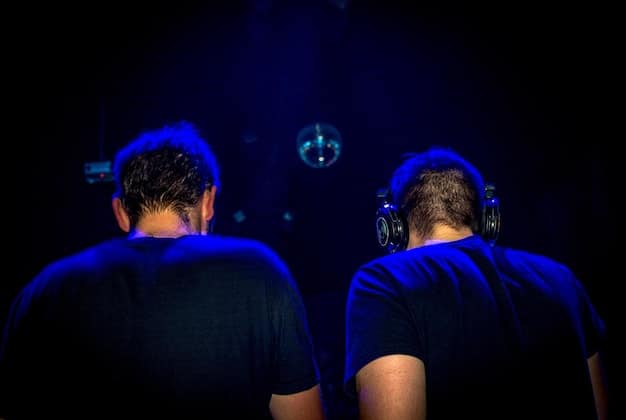
Why Ear Protection is Important
Loud music can cause temporary or permanent hearing loss. Earplugs reduce the decibel level without sacrificing sound quality.
Types of Earplugs to Consider
Foam earplugs are affordable, while high-fidelity earplugs offer better sound clarity. Choose earplugs based on your comfort and budget.
- Foam Earplugs: Provide good noise reduction and are disposable.
- High-Fidelity Earplugs: Offer more natural sound while reducing volume.
- Custom Molded Earplugs: Provide the best fit and protection, but are more expensive.
Safeguarding your hearing allows you to continue enjoying concerts without long-term damage.
Essential Item #5: Hand Sanitizer
Concerts involve large crowds, increasing the risk of exposure to germs. Hand sanitizer is an essential item for maintaining hygiene and preventing illness.
Maintaining Hygiene at Concerts
Regularly sanitizing your hands can reduce the spread of bacteria and viruses, minimizing the risk of getting sick during or after the event.
Types of Hand Sanitizer to Carry
Choose a travel-sized bottle of hand sanitizer with at least 60% alcohol content. Wipes are also a convenient alternative.
- Alcohol-Based Sanitizer: Effective at killing most germs and bacteria.
- Sanitizing Wipes: Provide a thorough cleaning option, especially for sticky or dirty hands.
- Gel Sanitizers: Easy to apply and can be stored conveniently in a pocket or purse.
Keeping your hands clean is an easy way to stay healthy and focus on enjoying the music.
FAQ
▼
A basic concert first aid kit should include pain relievers, hydration supplements, blister treatment, earplugs, and hand sanitizer to address common concert-related issues.
▼
Staying hydrated is essential because dancing and being in a crowded environment can lead to significant fluid loss. Dehydration can cause fatigue and reduce your overall enjoyment of the concert.
▼
Earplugs reduce the decibel level of the music, protecting your ears from potential damage caused by prolonged exposure to loud sounds. This helps prevent both temporary and permanent hearing loss.
▼
Is it really necessary to bring hand sanitizer to a concert?
▼
Yes, bringing hand sanitizer is highly recommended. Concerts involve large crowds and shared surfaces, increasing the risk of germ exposure. Regularly sanitizing your hands can help prevent the spread of illness.
Conclusion
Having a well-prepared **concert first aid** kit ensures you’re ready to handle common discomforts and health issues, allowing you to fully enjoy your concert experience. By including essentials like pain relievers, hydration supplements, blister treatment, earplugs, and hand sanitizer, you can stay comfortable, healthy, and focused on the music.
